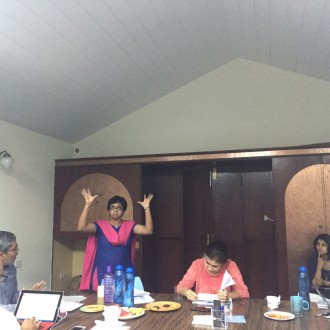An amusing remark on academics, itself attributed to several different academics, goes something like this: In academia, disputes take on such huge proportions precisely because the stakes of them are so small. Whether this observation is or is not true, I have found that its general sentiment is passed down to undergraduates, if inadvertently so. Of course, there are pedagogical reasons for instilling this impression; when we are learning about debates on a given subject within a discipline, it can help to read the most absolute positions on either side, if only to distill the terms of argument.
But the impression that such debate must necessarily be black and white, and must be of great intensity, can be daunting to accept as an undergraduate writer. Who am I, I wonder to myself, to so totally challenge the work of an established academic researcher? Even if I might disagree with their broader argument, have they not done far more research than I have? Relatedly, what if their research offers some quite usable background information– am I not just a little hypocritical to use it while arguing against the position it was intended to support? Or, what if I agree with smaller asides or observations by the researcher, but not the thrust of their whole argument? In a word, need the division be so absolute within the scholarly conversation?
Continue reading On “Choosing Sides” in an Academic Debate: The More Precise, the Better

